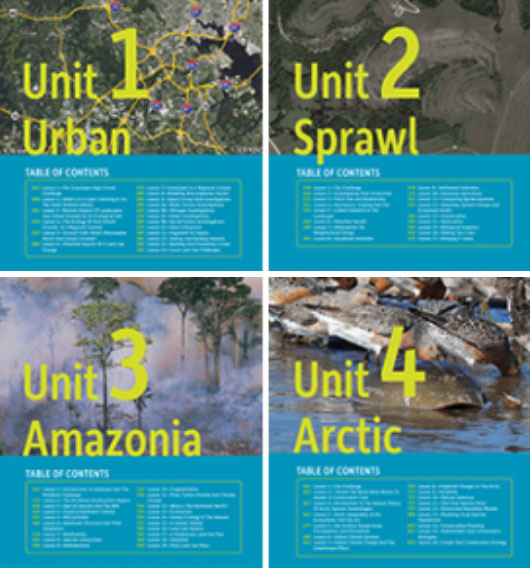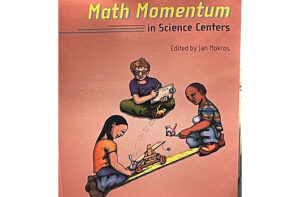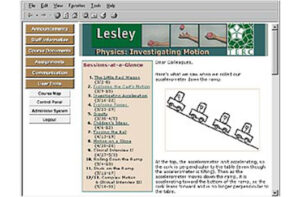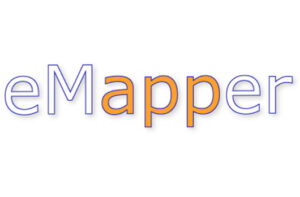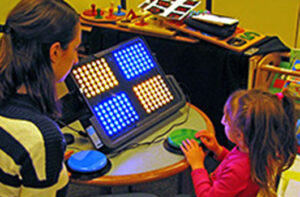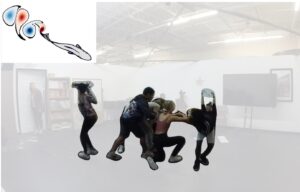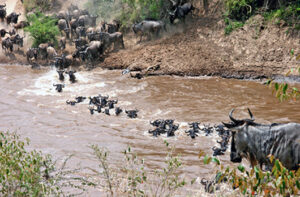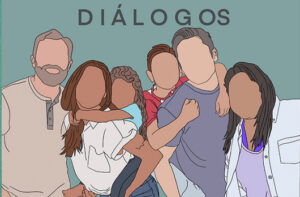Digital Curriculum in the Classroom: Authority, Control, and Teacher Role
Gilly Puttick, Brian Drayton, and JKarp
International Journal on Emerging Technologies in Learning
Summary
With greater online access and greater use of computers and tablets, educational materials are increasingly available digitally, and are soon predicted to become the standard for science classrooms. However, researchers have found that institutionalized structures and cultural factors in schools affect teacher uptake and integration of technology. Findings are sparse that detail the complexities of how teachers actually incorporate technology in their teaching as they negotiate the introduction of a new and potentially disruptive innovation. With respect to a digital curriculum in particular, teachers can be unclear about their role vis-a-vis the curriculum, as the “computer” potentially becomes an alternative source of authority in the classroom, and this can mean that the teacher is no longer in control. This paper reports on the implementation of two units of an innovative environmental science program, Biocomplexity and the Habitable Planet, as a digital curriculum. We discuss some of the lessons learned about the mix of challenges, anticipated and unanticipated, that confronted four high school teachers as they implemented the curriculum in their classrooms. We suggest that developers and users of digital curricula pay particular attention to how they envision where the authority

Related People:
Gillian Puttick and Brian Drayton

